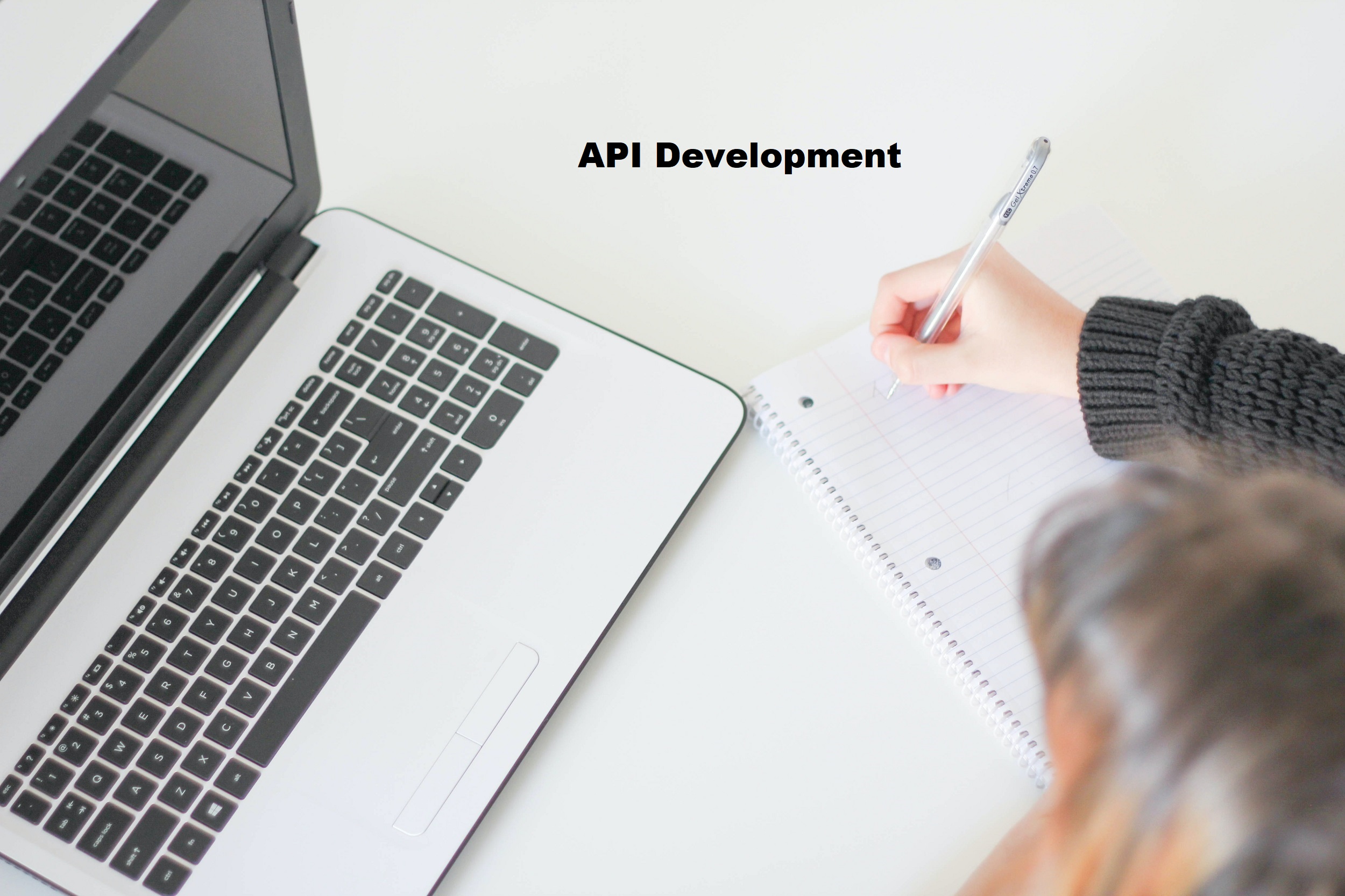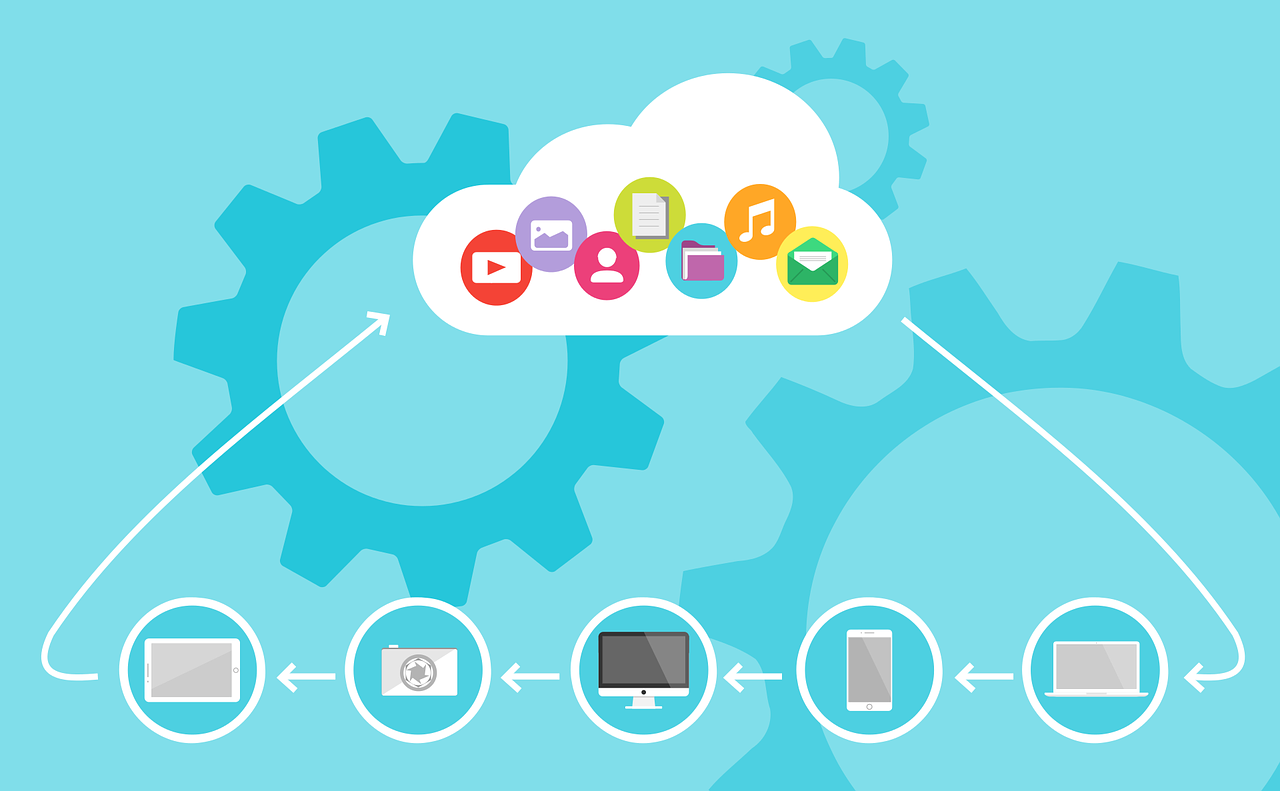APIs (Application Programming Interface) has been hugely successful in the past few years due to its amazing functionality for mobile applications. Mobile app developers use this powerful solution to readily integrate any extra functionalities that are not available in the mobile application.
So, let’s understand about API & the 7 prominent myths surrounding it.
What is API Development?
Application Programming Interface (API) is a set of:
- Instructions
- Standards
- Requirements
This enables the mobile app to exhibit features that were previously foreign to it. Usually, these features are found in other apps but with a simple API, a mobile app can be used in a myriad of ways. So, you need not install 2 apps, just install one app that has API integration capability & you are good to go!
So if you are planning to develop an API then you need to keep terminologies like API key, endpoint, JSON (JavaScript Object Notation), GET, POST, OAuth, REST (Representational State Transfer) and others in mind to ensure seamless API development.
Some best practices to develop an efficient API:
- Put some qualitative efforts while building an API
- Leverage RESTful URLs & actions
- Ensure that you use SSL wherever required.
7 Myths of API Development and Deployment
- Indefinite scalability of APIs
If we look at the design aspects of any API, we will come to know that they are not meant for indefinite scalability. Some robust controls must be in place to protect the integrity of the system. Otherwise, APIs can be tampered to gain access to back-end resources.
Some other limiting factors of an API are:
- The bandwidth limits
- Processing limitations
- The read-and-write limits of database
So, even though an API can make a mobile app versatile, it doesn’t mean that it can be scaled indefinitely. Therefore, while developing an API you need to keep in mind that APIs are created for a specific purpose which can help your app to function in a better and versatile way.
- API will function properly across various devices
Usually, when a developer releases an API (makes it public), he/she should ensure that the functionality of the app remains the same. If that needs to happen, then the developer has to put the API through rigorous tests.
This will help the developer to find out any bugs and fix them to seamless API performance. So, there is a chance that an API may not function properly for a specific device/platform.
- All the data that is needed can be accessed via APIs
This is an important aspect of API development. Developers need to determine the level of data access given to a particular function of the API. Developers also need to keep in mind the authority given to a particular person who is going to access the function.
For example:
- A normal user doesn’t need access to all the data of the server.
- On the other hand, a developer will need complete access to data since he/she will be making changes to the app & the API.
- All APIs are equally created
Normally, functional & secure APIs can be created within a matter of days. However, if the functions/features are complicated it can take months. If such APIs will be used in enterprises or for other business functions, then developers need to put in additional efforts to ensure that the API performs each function efficiently. Therefore, all APIs are not created equally.
- An API cannot be hacked
The short answer is no. An API acts as an open gateway to the system’s data. Even though security protocols are kept in place, there are times when hackers will use malicious code to gain unauthorized access to APIs and the system data.
You can use some security best practices like using SSL, authentication mechanisms such as OAuth. In addition to that, you need to integrate robust physical & software security practices too.
- API can only solve Technical Problems
APIs don’t necessarily solve technical problems. They are usually leveraged in mobile apps to offer multi-functionality to users. The users then leverage such versatility to tackle business problems.
When an organization builds an API, they should first keep in mind the business need & the purpose of the API. This will determine whether an API is solving technical or general-business issues.
- APIs can solve every interface problem
APIs generally facilitate transferring data between two applications. It may sound simple, but it’s pretty complicated on the inside. An important aspect of API functioning is using the right mechanism to transfer data from one application to another. But, not all interface requirements are met by an API.
These are 7 myths that API developers should know while developing & deploying an API.
ARSR holds expertise in API Development and Deployment and offers services like Modification timestamp APIs, JSON Support/REST, Authorization API and Paging & Sorting APIs for companies that want to integrate APIs into their business ecosystem.






